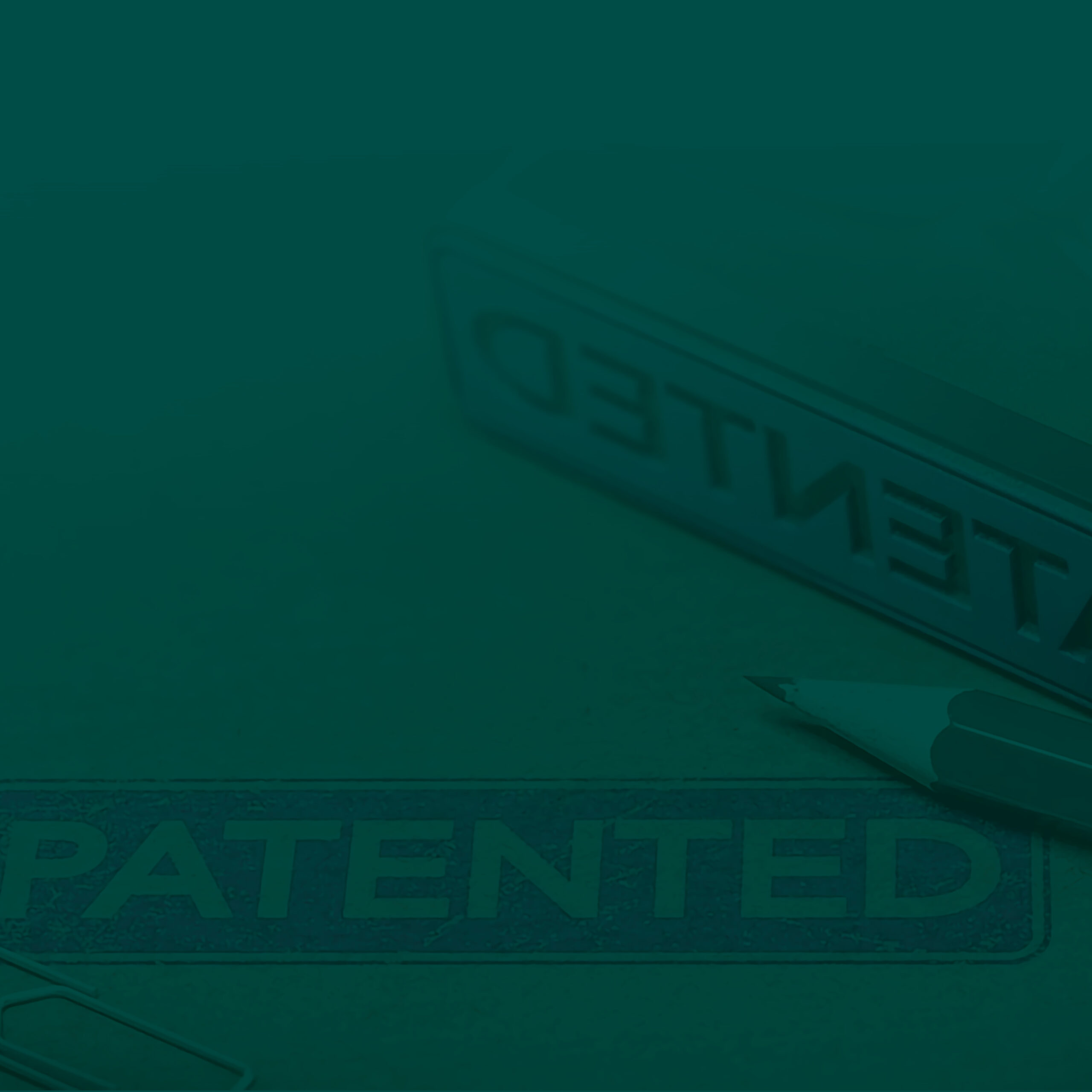Hisham AlMansoor – Associate ([email protected])
On 6 March 2022, the Kingdom of Bahrain enacted the amendment (the “Amendment”) to the GCC Patents Law as implemented in Bahrain under Law No. (1) of 2004 (as amended), and more recently by virtue of Law No. (6) of 2022, which was published in Issue No. 3592 of the Official Gazette dated 10 March 2022.
The intention to amend the GCC Patents Law extends back to last year in which the GCC Member States approved the Amendment in the Ula Summit held in Saudi Arabia on 5 January 2021.
‘Outsourcing’ of Patent Applications
The outsourcing of patent applications to individual GCC Members States’ patent offices is the most prominent change introduced by the Amendment. In essence, the Amendment seeks to abolish the concept of a single patent being enforceable across the GCC, wherein formerly, the GCC Patent Office located in Riyadh would be receiving, examining and granting applications independently of the national patent office of the GCC state. This marks a clear departure from the previous ‘GCC-wide patent’ model.
Delegating the processing and registration of patents to individual national offices does not negate the role of the GCC Patent Office. Rather, it will receive and handle patent applications, their prosecution, examination, and grant only and separately for the GCC state(s) requests on behalf of their national patent offices. This means that the grant of a patent will be subject to approval from the requesting member state and only valid in that state.
As a result of the Amendment, patent applicants may seek GCC-wide enforcement of the patent by either of the following:
- Filing a patent application in each GCC state via a Paris Convention application within a twelve-month priority period; or
- Filing a patent application in each GCC state via a PCT (Patent Cooperation Treaty) application within a thirty-six month priority period.
Each of the six GCC states is a signatory to the Paris Convention and the PCT.
For the purposes of the above, the first patent application for an invention establishes ‘priority’. During the ‘priority period’, patent applicants have time to evaluate the commercial viability of the invention, continue developing it if necessary, and to decide which other countries to file patent applications for the same invention.
Changes in fees
The Amendment has also changed the applicable fees that are payable in the process of filing and registration of patents. Individual applicants will note that the initial patent application fee has been reduced to Saudi Riyals 1,500 meanwhile company applicants pay a fee of Saudi Riyals 3,000. Search fees have increased tenfold such that individual applicants are subject to a fee of Saudi Riyals 1,000 whereas a fee of Saudi Riyals 2,000 applies to company applicants.
For more information, please contact us on [email protected].

